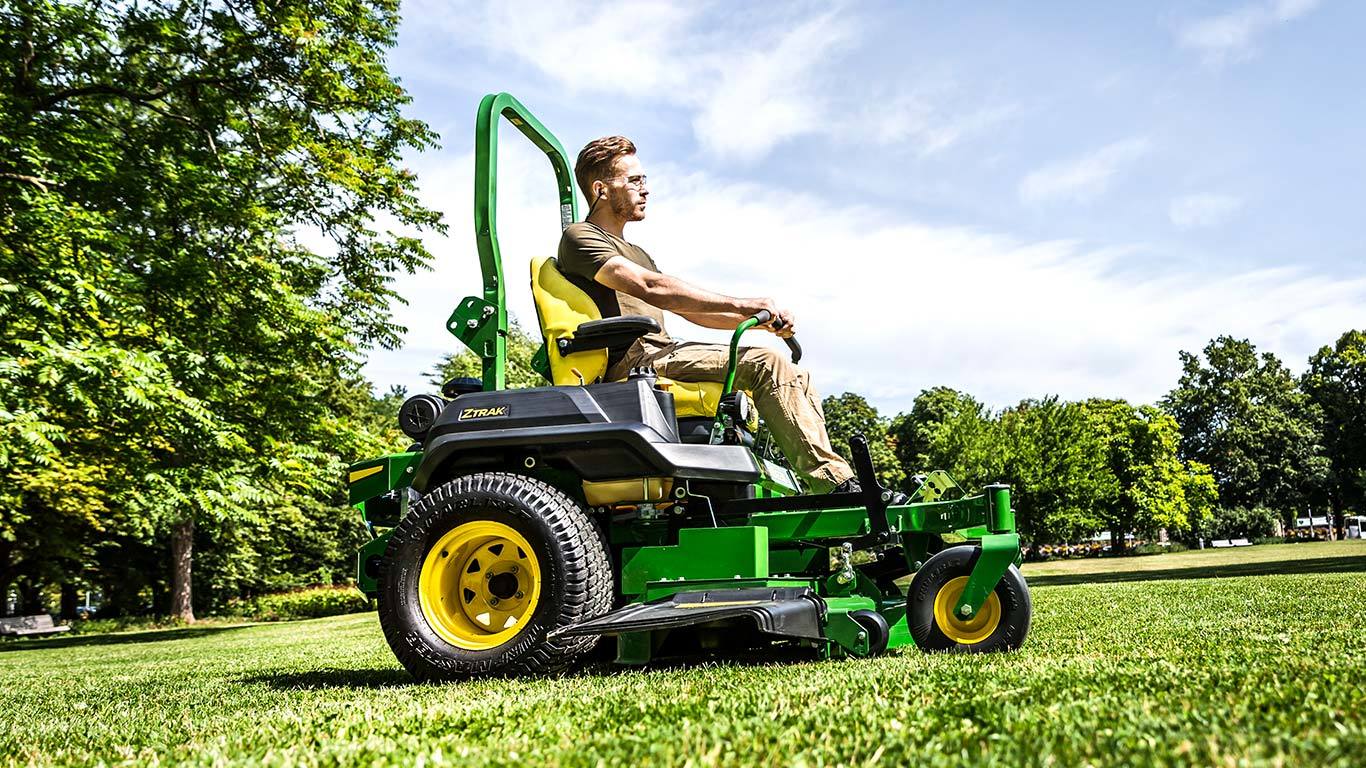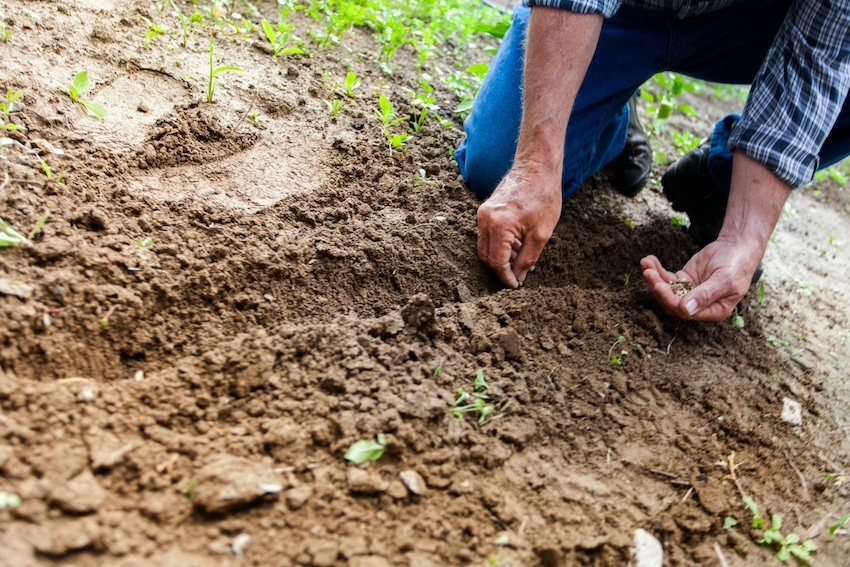Eco-Friendly Practices in Groundcare Machinery
Eco-Friendly Practices in Groundcare Machinery

As a society, we are growing ever more conscious of our environmental footprint, with many industries focusing their efforts towards more sustainable solutions. This is certainly the case with agriculture, landscaping, and urban maintenance companies within the groundcare sector. In recent years, land management machinery has typically relied on fossil fuels however, the industry is now shifting towards eco-friendly alternatives.
The Rise of Eco-Friendly Groundcare Machinery
Electric Over Gas
As previously mentioned, traditionally groundcare machinery would use fossil fuels, thereby creating air pollution and releasing toxic emissions. However, recently the industry has taken a big step in reducing this impact by transitioning from gas to electric powered machinery. This means lower emissions, reducing carbon dioxide, nitrogen oxides and particulate matter pollutants. Similarly, using electric machinery also means a reduction in noise pollution, meaning a quieter and more pleasant environment for neighbours and workers alike.
Solar Powered Charging
Moreover, you can purchase some groundcare machinery that is solar powered for an even more sustainable alternative. This equipment uses renewable energy from the sun, thereby reducing the dependency on fossil fuels and reducing greenhouse gas emissions. While it may be said that investing in solar powered machinery can cost more upfront, you will actually save more in the long term, making this an attractive environmentally conscious option.
Sustainable Practices in Maintenance
As well as moving towards electric and solar-powered machinery, undergoing sustainable maintenance practices helps the eco-friendliness of groundcare machinery. Here are some key things to consider:
Proper Equipment Maintenance
You should create a regular maintenance and servicing schedule for your machinery. This not only ensures optimal performance but will also extend the machines lifespan, meaning no early part replacements and little waste.
Efficient Water Management
Irrigation systems and water saving techniques, such as drip irrigation and rainwater harvesting, will help conserve water resources. This helps promote sustainability in landscaping and agricultural exercises.
Natural Pest Management
Using integrated pest management techniques will reduce the reliance on things such as chemical pesticides. Opting for natural and biological control methods such as beneficial insects, companion planting, and pheromone traps instead has a greater advantage.
Composting and Organic Practices
By exploring composting techniques and organic fertilisers, you can improve soil health, promote biodiversity, and decrease the need for synthetic chemicals, contributing to more sustainable land management.
Precision Technology
Purchasing precision technologies such as GPS-guided equipment enhances efficiency and accuracy in groundcare. This will minimise resource waste and environmental impact.
The Key Benefits to your Business

While the initial investment in eco-friendly groundcare machinery may seem daunting, the long-term benefits far outweigh the costs. Take a look at the three main benefits, if you aren’t yet persuaded:
Cost Savings
With electric and solar-powered machines, you’ll see a change in operating costs, with a lower cost than typical gas-powered equipment. This results in considerable savings in fuel and maintenance expenditures over time.
Regulatory Compliance
With the introduction of more regulations targeting lowering carbon emissions and encouraging environmental sustainability, those that invest in eco-friendly practices are better positioned to meet current and future regulatory requirements, avoiding potential penalties and liabilities.
Enhanced Reputation
Sustainability is becoming a more important consideration for consumers and stakeholders when selecting products and services. Businesses that use eco-friendly groundcare techniques may improve their brand reputation, attract environmentally concerned clients, and differentiate themselves in the market.
As the groundcare industry evolves, environmental sustainability will be critical for long-term success. Businesses and organisations can minimise their carbon footprint, protect natural resources, and contribute to a healthy world by investing in electric and solar-powered gear and employing sustainable maintenance methods.













